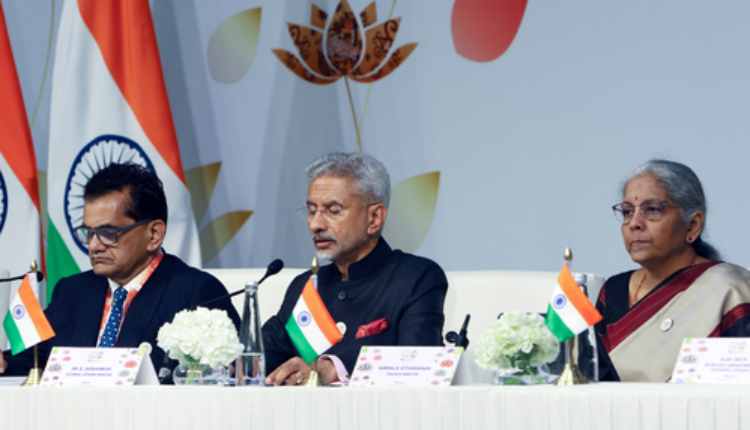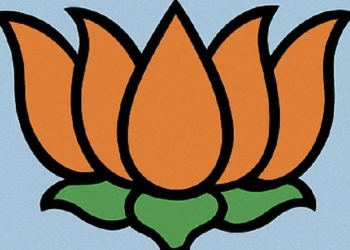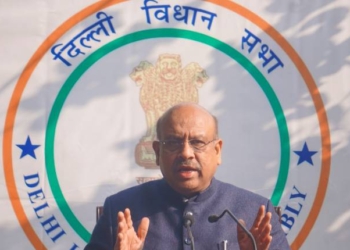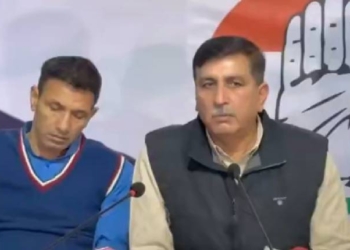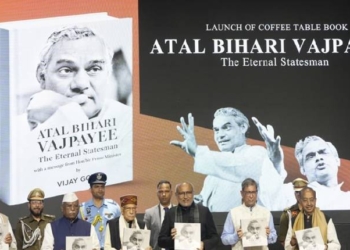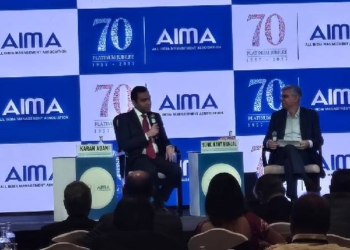New Delhi: As the Delhi Declaration desisted from making any reference to Russia at all and chose to re-emphasise the need for all states to “refrain from the threat or use of force to seek territorial acquisition against the territorial integrity and sovereignty or political independence of any state”, Foreign Minister S. Jaishankar on Saturday said that it could not be compared to the Bali Declaration.
In Bali, the G20 members had reiterated their national positions of “deploring in the strongest terms the aggression by the Russian Federation against Ukraine”.
In contrast to that, the Delhi Declaration said: “Concerning the war in Ukraine, while recalling the discussion in Bali, we reiterated our national positions and resolutions adopted at the UN Security Council and the UN General Assembly and underscored that all states must act in a manner consistent with the Purposes and Principles of the UN Charter in its entirety.
“In line with the UN Charter, all states must refrain from the threat or use of force to seek territorial acquisition against the territorial integrity and sovereignty or political independence of any state. The use or threat of use of nuclear weapons is inadmissible.”
Jaishankar explained the change in India’s language on the war in Ukraine and said: “Regarding the change in language on the Russia-Ukraine conflict from the Bali Declaration — Bali was Bali, New Delhi is Delhi. Many things have happened since the Bali Declaration.”
He went on to add that “one should not have a theological view of this. New Delhi Declaration responds to the situation as it stands today. The New Delhi Declaration responds to the concerns of today just like the Bali Declaration responded to the concerns of that time”.
He further said that the Delhi Declaration is a comprehensive document as eventually everybody, including China, helped in achieving consensus on the portions related to Ukraine.
“Due to everybody’s efforts, a common landing point was ultimately arrived at,” the Foreign Minister said while addressing a press conference along with Finance Minister Nirmala Sitharaman and G20 Sherpa Amitabh Kant.
On his part, Kant said that the adoption of the Delhi Declaration was a result of a great teamwork.
“Brazil, Indonesia and South Africa worked with emerging markets on Ukraine and the consensus was clinched after aggressive discussions and great teamwork by India. It (consensus) was arrived at when it even evaded the world and could not be achieved in Bali.”
Meanwhile, the Delhi Declaration also appreciated the efforts of Turkiye and UN-brokered Istanbul Agreements consisting of the MoU between Russia and the secretariat of the UN on promoting Russian food products and fertilisers to the world markets and the initiative on the safe transportation of grain and foodstuff from Ukrainian ports (Black Sea Initiative), and call for their full, timely and effective implementation to ensure the immediate and unimpeded deliveries of grain, foodstuffs, and fertilisers/inputs from Russia federation and Ukraine.
This, it said, is necessary to meet the demand in developing and least developed countries, particularly those in Africa.
“In this context, emphasising the importance of sustaining food and energy security, we called for the cessation of military destruction or other attacks on relevant infrastructure. We also expressed deep concern about the adverse impact that conflicts have on the security of civilians thereby exacerbating existing socio-economic fragilities and vulnerabilities and hindering an effective humanitarian response,” it noted further.
We call on all states to uphold the principles of international law including territorial integrity and sovereignty, international humanitarian law, and the multilateral system that safeguards peace and stability, the Delhi Declaration added.
“The peaceful resolution of conflicts, and efforts to address crises as well as diplomacy and dialogue are critical. We will unite in our endeavour to address the adverse impact of the war on the global economy and welcome all relevant and constructive initiatives that support a comprehensive, just, and durable peace in Ukraine that will uphold all the Purposes and Principles of the UN Charter for the promotion of peaceful, friendly, and good neighbourly relations among nations in the spirit of ‘One Earth, One Family, One Future’.
“Today’s era must not be of war,” the Declaration emphasised.
(IANS)




